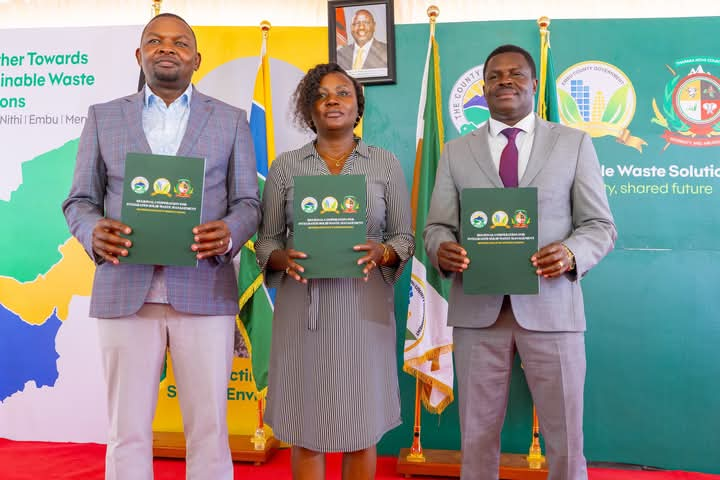Speaker of the National Assembly, Hon. Moses Wetangula has appointed members of the National Assembly to mediation committees The Mung Beans Bill and The Equalization Fund Appropriation.
The Mung Beans Bill (Senate Bill No. 13 of 2022) seeks to provide a framework for the regulation and promotion of the mung bean industry in Kenya.
While the Equalization Fund Appropriation (No. 2) Bill (Senate Bill No. 30 of 2023) seeks to authorize the issue of a sum of money out of the Equalization Fund and its application towards the service of the year ending 30th June, 2024; to appropriate that sum for certain public basic services; and for connected purposes.
The Mung Beans Bill had been rejected at Second Reading on 24th September 2024, leading to its referral to a mediation committee in line with Article 112 of the Constitution.
Similarly, the Equalization Fund Appropriation Bill was rejected by the Senate following amendments from the National Assembly, triggering the mediation process.
In accordance with Article 113 of the Constitution, the Speaker appointed the seven Members from the National Assembly to each committee, following consultations with the Majority and Minority Leaders.
The Members will engage their Senate counterparts to harmonize the Bills.
The Speaker assured Members that once the Senate appoints its members, the mediation process will commence.
On the Equalization Fund Appropriation Bill, 2023 the Speaker noted that the Senate had already appointed seven Senators to the mediation Committee
The speaker urged Members to reach out to their Senate counterparts to expedite the mediation process. “It is hoped that the two Mediation Committees will embark on an attempt to develop versions of the respective Bills that both Houses will pass in accordance with Article 113 of the Constitution,” he stated.
YOU MAY ALSO READ:
Beans Bill, 2022, sponsored by Kitui County Senator Enoch Kiio Wambua who sponsored The Mung Beans Bill had stated that the bill requires small and medium-size mung bean farmers to register with the relevant County Executive Committee (CEC) member.
The senator had said that registration of small and medium-size mung bean growers is intended to help the government better understand and promote the development of the mung bean industry.
The data is crucial for strategizing on how to make Kenya’s mung bean industry competitive on an international level.
The Bill seeks also to facilitate and develop a framework that will regulate and promote the mung bean industry in Kenya, ensuring that it thrives both locally and internationally.
The registration process is a step towards achieving these goals, not a punitive measure against farmers.
“The Bill does not impose a license requirement for growing mung beans; it only requires registration for small and medium-size farmers, similar to other regulated crops,” the senator said.
The licensing provisions are solely for commercial activities such as processing and large-scale trading.
By Obegi Malack
Get more stories from our website: Sacco Review.
For comments and clarifications, write to: Saccoreview@
Kindly follow us via our social media pages on Facebook: Sacco Review Newspaper for timely updates
Stay ahead of the pack! Grab the latest Sacco Review newspaper!



